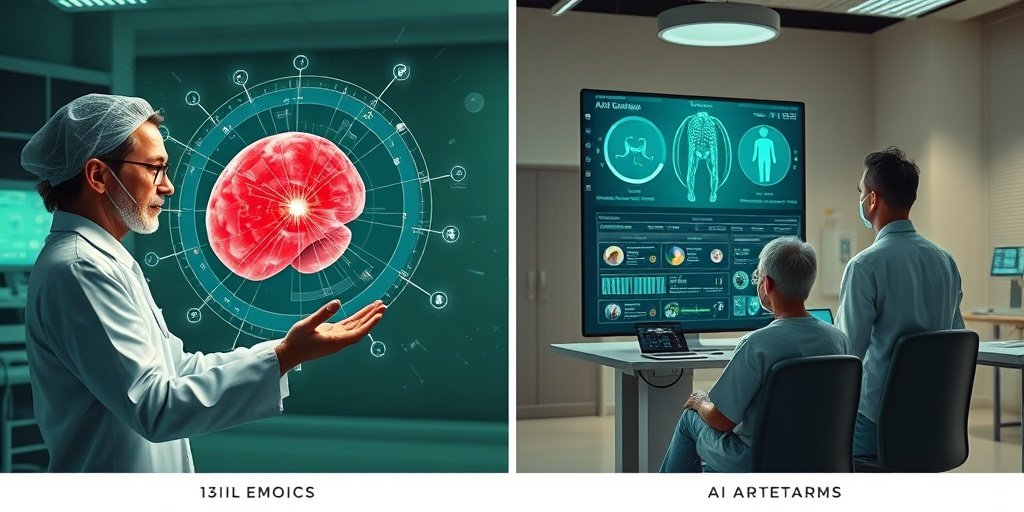Overview
Researchers at the Max Delbrück Center have introduced a novel tool named Flexynesis, designed to improve the precision of cancer therapies. This tool utilizes deep neural networks to analyze various types of data, as detailed in a recent publication in Nature Communications.
Key Features of Flexynesis
- Integrates multi-omics data, processed texts, and imaging data (e.g., CT and MRI scans).
- Aims to assist physicians in making more accurate diagnoses and treatment plans.
- Facilitates the identification of biomarkers that correlate with disease outcomes.
Challenges in Cancer Treatment
With nearly 50 new cancer therapies approved annually, selecting the most effective treatment for patients with unique tumor characteristics has become increasingly complex. Dr. Altuna Akalin, head of the Bioinformatics and Omics Data Science platform at MDC-BIMSB, emphasizes the need for tools like Flexynesis to streamline this process.
Flexibility and Accessibility
Flexynesis is designed to be user-friendly, allowing healthcare professionals without deep learning expertise to utilize it effectively. The toolkit is available on multiple platforms, including PyPI, Guix, Docker, Bioconda, and Galaxy, making it accessible for integration into various research pipelines.
Future Directions
Despite its potential, the widespread adoption of multi-omics data in clinical settings remains a challenge, particularly in Germany. However, as the integration of such data becomes more common, tools like Flexynesis are expected to play a crucial role in enhancing personalized cancer treatment strategies.
Conclusion
Flexynesis represents a significant advancement in the field of precision oncology, providing a comprehensive solution for integrating diverse data types to improve cancer treatment outcomes.
